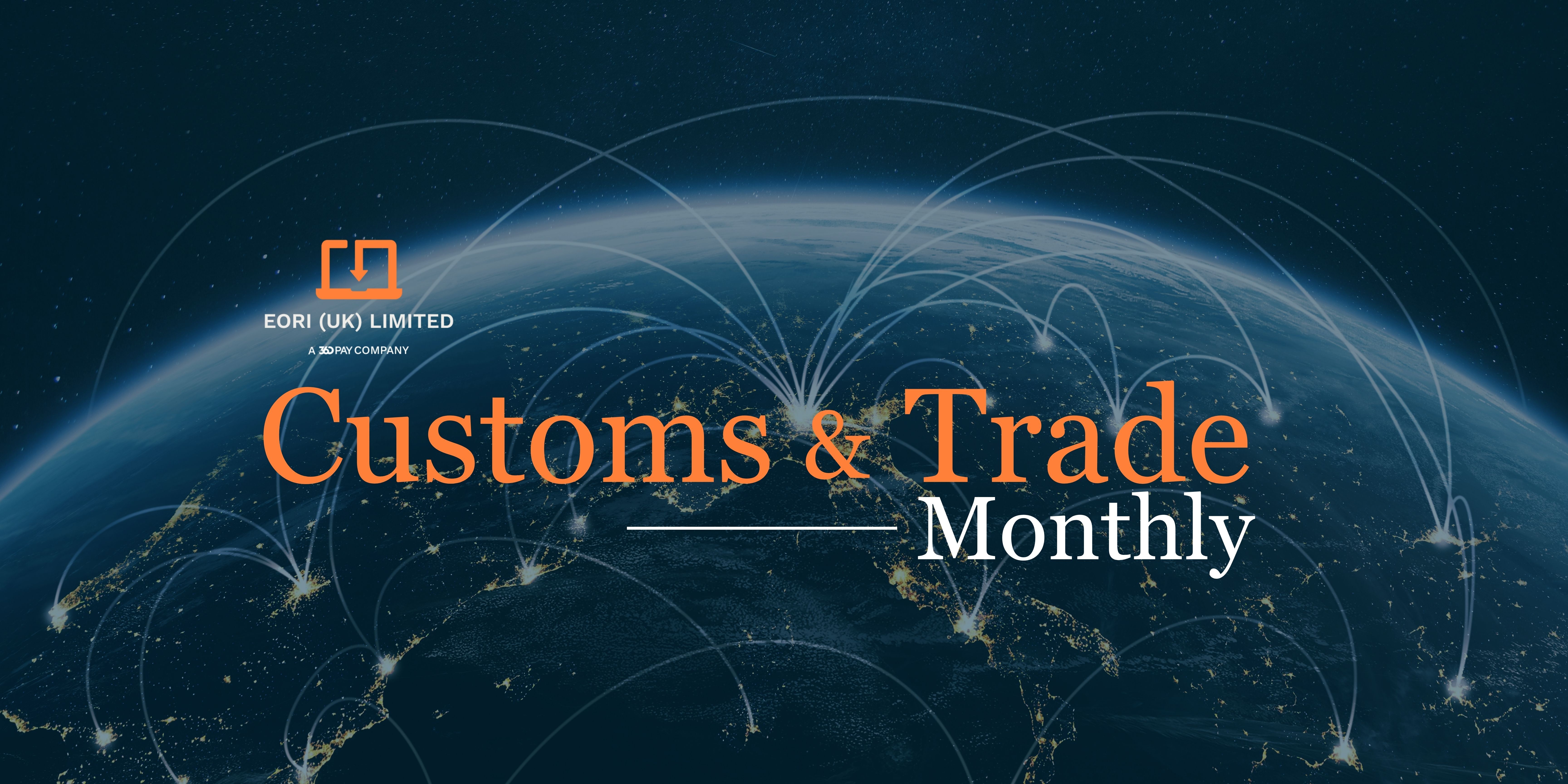How To Be In Europe Without Really Being In Europe
Blog
.png)
The Pan-Euro-Mediterranean Convention (PEM) isn’t a customs union and it’s not a backdoor into the EU. Nonetheless for British importers and manufacturers, it could quietly ease a lot of the red tape surrounding rules of origin that strangling post-Brexit supply chains. They are complicated and restrictive now, yet set to get worse for certain sectors like electric vehicles and their batteries come the end of 2026.
The topic of Rules of Origin or ROO raises its head every so often and last month I wrote an article on how seafood imports into GB are one of the hardest hits due to the nature of their supply chains. While it's not really feasible to fundamentally alter the rules of origin in the UK-EU TCA, is there a way to explore alternative rules instead that could give these supply chains some breathing room? I believe there is with PEM. Rumours often swirl about the UK “joining PEM,” as though it were some exclusive gentleman’s club with a long waiting list to gain entry outside. Just as with the UK-EU reset agreement we can expect the predictable noise. “Are we re-joining the EU by the back door?” “Is this a customs union in disguise?”
To which the only honest answer is no, but it’s extremely complicated.
"Dull is good. Dull means predictable, and predictable means profitable."
Rob Keegan, Trade Manager, EORI (UK)
What PEM Actually Is
The Pan-Euro-Mediterranean Convention is not a Brussels invention designed to re-ensnare Britain in regulatory red tape. It’s a sprawling network of agreements covering Europe and parts of North Africa, created to simplify rules of origin. It existed long before Brexit and by design the UK was party to PEM when we were part of the bloc
In layman terms, it lets manufacturers use inputs from multiple PEM countries and still qualify for tariff-free treatment under free trade agreements. Think of it as “origin pooling”. If your tinned tuna uses raw fish from Turkey and Morocco, it can still be classed as originating from Italy, provided it was produced there.
Is it bureaucratic? Yes, but what international trade agreements aren’t. Yet for supply-chain managers and compliance officers, this the kind of paperwork that saves money in the long run.
A Customs Union It Is Not
A customs union means two things: no tariffs between members, and a common external tariff on imports from everyone else. That second part is key as it means giving up independent trade policy or in political speak, “handing over the keys to Brussell”.
Joining an agreement such as PEM would do neither of the above. There is nothing in the convention that caters for tariffs on imports, it is purely a framework for ROO. Parties in the PEM zone still set their own external tariffs. They cooperate on origin rules, not trade policy. So for those worried we are being dragged back into the clutches of Brussels can relax. This isn’t some covert ploy to raise the twelve golden stars over Dover once more
Why the UK should join PEM
Now, while PEM won’t remove the paperwork currently required to bring goods across the UK’s external borders, it could make life easier for traders sourcing goods across Europe. Especially from suppliers who use extended raw materials from countries party to PEM.
For manufacturers juggling supply chains that run from Italy but with inputs sources Morocco. After all, countless suppliers still don’t understand that just because a good is produced in the EU, it does not mean it can be exported to the UK tariff free. Many UK importers are undergoing intensive customs audits and are being hit with duty demands as their imports don’t qualify for preferential treatment. PEM’s “cumulation” rules could make it easier to qualify for tariff-free treatment when exporting to the UK. Fewer origin headaches and lower landed costs, reasserting themselves as a competitive option for the UK market.
I see the practical side of this daily. Origin declarations that trip up otherwise compliant firms, small importers losing preferential duty rates because one minor component came from the wrong side of a border. If PEM can smooth out those rough edges to the TCA then it deserves serious consideration.
But Don’t Break Out the Champagne Yet
There are caveats and plenty of them. PEM helps with origin but not SPS checks, so for products of animal or origin (POAO) imports, border friction will remain high. Can this convention magic away the veterinary checks at Sevington? Well, no but the UK-EU SPS reset agreement could in theory, but that is just an agreement to have an agreement at a later date. So for the time being, tinned tuna will continue to be monitored for the presence of histamine by European vets and validated by Port Health in Great Britain. It also only benefits trade within the PEM zone. If you import from the US or Asia, PEM won’t touch them.
Disappointingly, the UK government has made clear that it currently has no plans to join PEM. This is a shame, as coupled with the trumpeted UK-EU SPS reset, PEM membership is a low-hanging fruit.
If I we're being cynical, the reason that SPS reset is being pushed so hard is because the reduced costs to traders aren’t a loss of revenue to HMRC. Private vets sign off on export health certificates, and import checks are conducted by local authorities rather than DEFRA (for the most part). While an easement in rules of origin by joining PEM would hit HMRC directly with fewer import duty receipts.
So, while it won’t restore the frictionless trade of pre-2020, neither is it a surrender of sovereignty nor re-joining the single market. It’s something in between, a modest yet mildly dull but potentially useful framework. After all, as any good customs agent will tell you, dull is good. Dull means predictable, and predictable means profitable.
.png?width=150&height=150&name=EORI%20LOGO%202025%20(6).png)

.png)